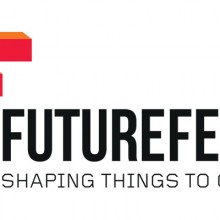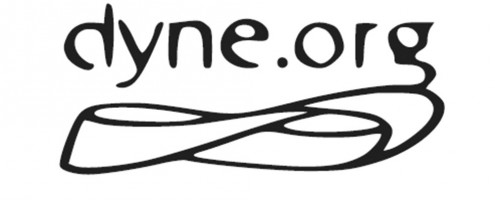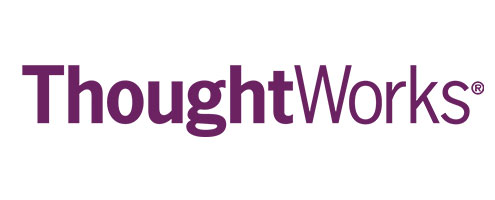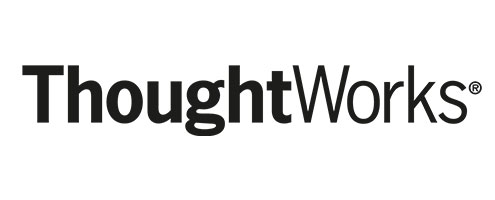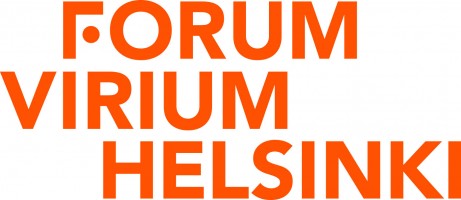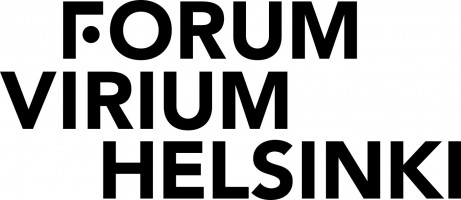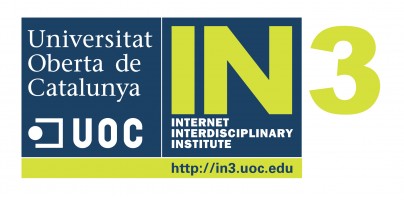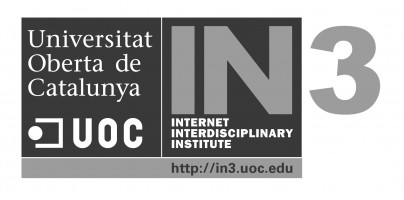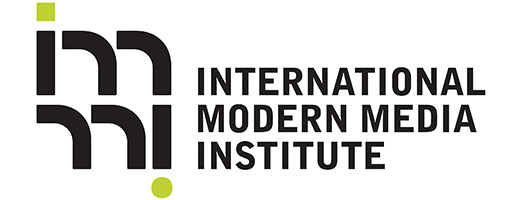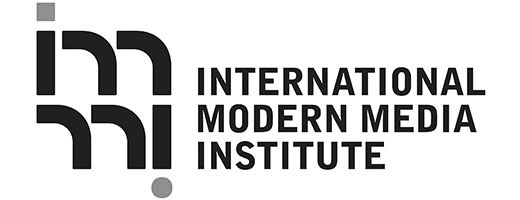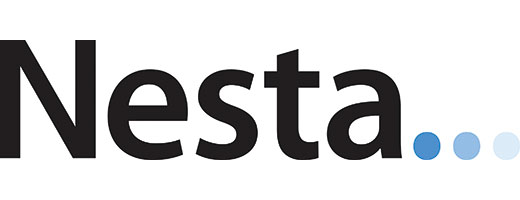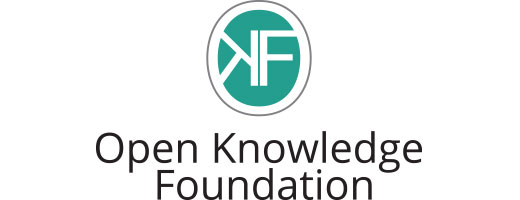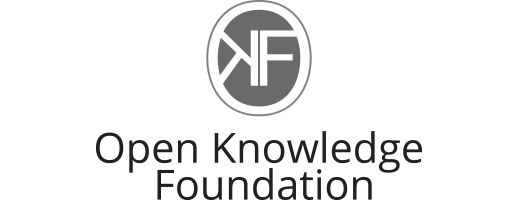D-CENT Interview with Citizens Foundation
Editors: Darryl Chamberlain, Francesca Bria
Citizens foundation promotes e-democracy and participatory budgeting in Iceland. Interviewing Róbert Bjarnason.
What is the Citizens Foundation?
We’re a non-profit that started after the Icelandic financial crisis in 2008, and we aim to increasing people’s influence in policy and government. All the banks went bankrupt, and there was a big decrease in trust in the political process and parliament. Parliament went from a 70-something percent trust rating down to six or seven per cent. It’s now recovered to 14%.
I started Iceland’s first internet service provider in 1993, and I thought we could use the internet to empower people and give them a stronger voice. Our Your Priorities tool was written into the original proposal, and I think D-CENT could really help us.




